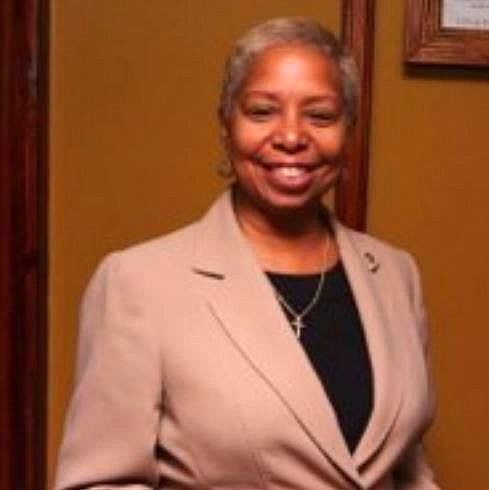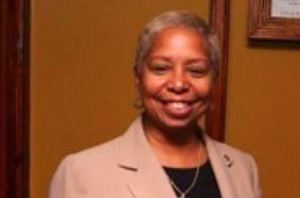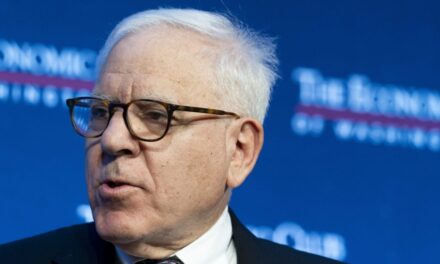

By Wanda Watts
When I was asked to write about Dr. Martin Luther King Jr., I agreed right away. But, when I started thinking about what to write, I drew a blank.
What could I say that people didn’t already know? He was a husband, father, minister and peaceful leader of civil rights, but everyone knows that. We all know he was an excellent student and entered Morehouse at the age of 15, by skipping grades, and in his lifetime was arrested at least 29 times for things like driving too fast and in support of voting rights.
So, of course, I started googling to see if there were things I didn’t know, and lo and behold there were a few things I had never heard. For instance, his original name was Michael and later his father traveled to Germany and upon his return, named Martin after the Protestant Reformist Leader Martin Luther! King Sr. changed his and his 5-year-old son’s name.
Later, when Martin was 12, his grandmother died and in grief he jumped from the second story window of his house. Thankfully he survived to become the youngest person to receive the Nobel Peace Prize in 1964. And, during my research, I learned that George Washington and Martin Luther King Jr. are the only Americans to have a National Holiday named after them.
In 1963, he had a speech planned for the March on Washington, but at the urging of Mahalia Jackson, He told the audience “I have a Dream” which has become his most famous speech to date. And, in 1964 the Civil Rights Act was passed a year after the “I have a Dream” speech.
In the United States there are more than 730 streets named after Martin Luther King and the motel where he was killed is now the National Civil Rights Museum.
Rev. King knew the value of an education in shaping successful people and believed the function of education is to teach one to think intensively and to think critically. Intelligence plus character – that is the goal of education.
Dr. King often said he got his inspiration from Jesus Christ and his techniques from Mohandas K. Gandhi, and he believed these principles should be embraced as a lifestyle. These fundamental tenets of Dr. King’s philosophy of nonviolence are described in his first book, Stride Toward Freedom.
PRINCIPLE ONE: Nonviolence is a way of life for courageous people
PRINCIPLE TWO: Nonviolence seeks to win friendship and understanding
PRINCIPLE THREE: Nonviolence seeks to defeat injustice not people
PRINCIPLE FOUR: Nonviolence holds that suffering for a cause can educate and transform people and societies
PRINCIPLE FIVE: Nonviolence chooses love instead of hate
PRINCIPLE SIX: Nonviolence believes that the universe is on the side of justice
It is my hope that this will give some little-known information about one of the most phenomenal people in my lifetime, but also educate and inform us that we must continue to carry on his work against the triple evils of poverty, racism and militarism.
Wanda Watts is the director of www.thewattsline.net.
Help us Continue to tell OUR Story and join the AFRO family as a member – subscribers are now members! Join here!
The post Dr. King was inspired by Jesus, Gandhi appeared first on AFRO American Newspapers .











